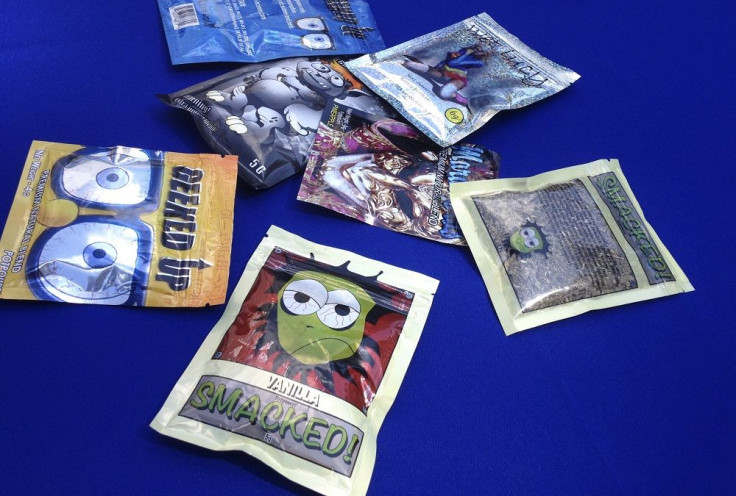Synthetic marijuana predicament grows amid expanding state cannabis decriminalisation

Just like in the second and third decades of the 20th century, during the alcohol prohibition years, entrepreneurs have become cleverer in skirting existing laws to make a commodity item accessible in the white market. The cannabis market, which has experienced several state-wide legalisations across the US in the past four years, has them in the guise of synthetic cannabis — colloquially known as Spice, K2 and Annihilation, among others — producers.
Spice is not natural marijuana, but actually, a designer drug that emulates its effect. It’s like vape for the cigar — the only difference is that Spice, unlike natural weed, is harmful. Harmful since, according to various studies and analyses in the past, it contains brain-damaging synthetic cannabinoids .
Nonetheless, the problem comes in when the idea of policing its sale and usage enters into the picture. First, it’s cheap, which makes it accessible even to the poorest non-adolescent. Then, it’s hard to regulate, as it doesn’t just fall into a single category of any drug because of the innumerable kinds of cannabinoid compounds that can be found in a single pack of Spice. There is also the reality that new forms of cannabinoids are being developed and mixed in various synthetic products every day, making the quandary bigger, more incomprehensible. Hence, manufacturers and distributors easily dodge persecution by tweaking their products, by putting unclassified drugs in them.
For the police, however, the only way to conduct a buy-bust operation is through the aid of Federal Analogue Act of 1986, which authorises prosecutors to arrest producers dealing with drugs with “substantially similar” components that can be found in harmful, illegal drugs. However, the case against “perpetrators” can easily be rendered weak since the new substances found in their synthetic cannabis products are not yet classified as illegal drugs.
“There are a few catches. First, proving that two substances are “substantially similar” is hard, because the definition of “substantially similar” is on some level subjective. That makes the process expensive because prosecutors have to enlist expert chemists to conduct tests and testify in court against experts hired by the defense,” writes Slate writer Leon Neyfakh in an article focused on explaining synthetic marijuana.
The consequence: the number of people young and old succumbing to its negative effects on health is growing. In 2015 , the number of fatalities due to Spice increased threefold, and phone calls related to the problem rose to 229 percent. Thankfully, in New York, where synthetic cannabis-related crime is highest across the US , a new city ordinance on categorising Spice peddling a delinquency helped hospitalisation numbers to drop by 85 percent , a feat proving that it could be suppressed, if not totally stopped.
Even startup marijuana-focused firms help. Med-X , through the aid of its media arm The Marijuana Times , is spreading awareness of natural marijuana’s many health benefits, of choosing natural marijuana instead of resorting to cheaper but fatal Spice. The company known for producing only 100 percent natural cannabis products believes that eradicating synthetic cannabis crimes must start with information dissemination programs targeted at high schools and universities. Indeed, teenagers are among the uncategorised products’ victims, since these products are very accessible in most local stores across the country and online.
Now, the challenge lies beyond simply criminalising the product since it’s hard to do this as of the moment. Perhaps the shorter way to do it is by making it less accessible to teenagers and working-class people by, say, imposing additional taxes on it to make it a bit exorbitant. However, it’s just a temporary solution. Hooked victims will always find a way to acquire it, which could result in another kind of crime.
The long-term solution, maybe, is a federalised marijuana decriminalisation, as this will not only help kill the industry at the black market level but also make legal, all-natural weed cheaper and more accessible in the future. This too, though, remains unlikely as cannabis naysayers will surely not allow it any moment now.
Still, what’s certain is that it’s not just a policing or an industry-centric predicament. It’s actually more of a public health issue that could eventually become a national problem. So the question is: What will the legislators do?





















